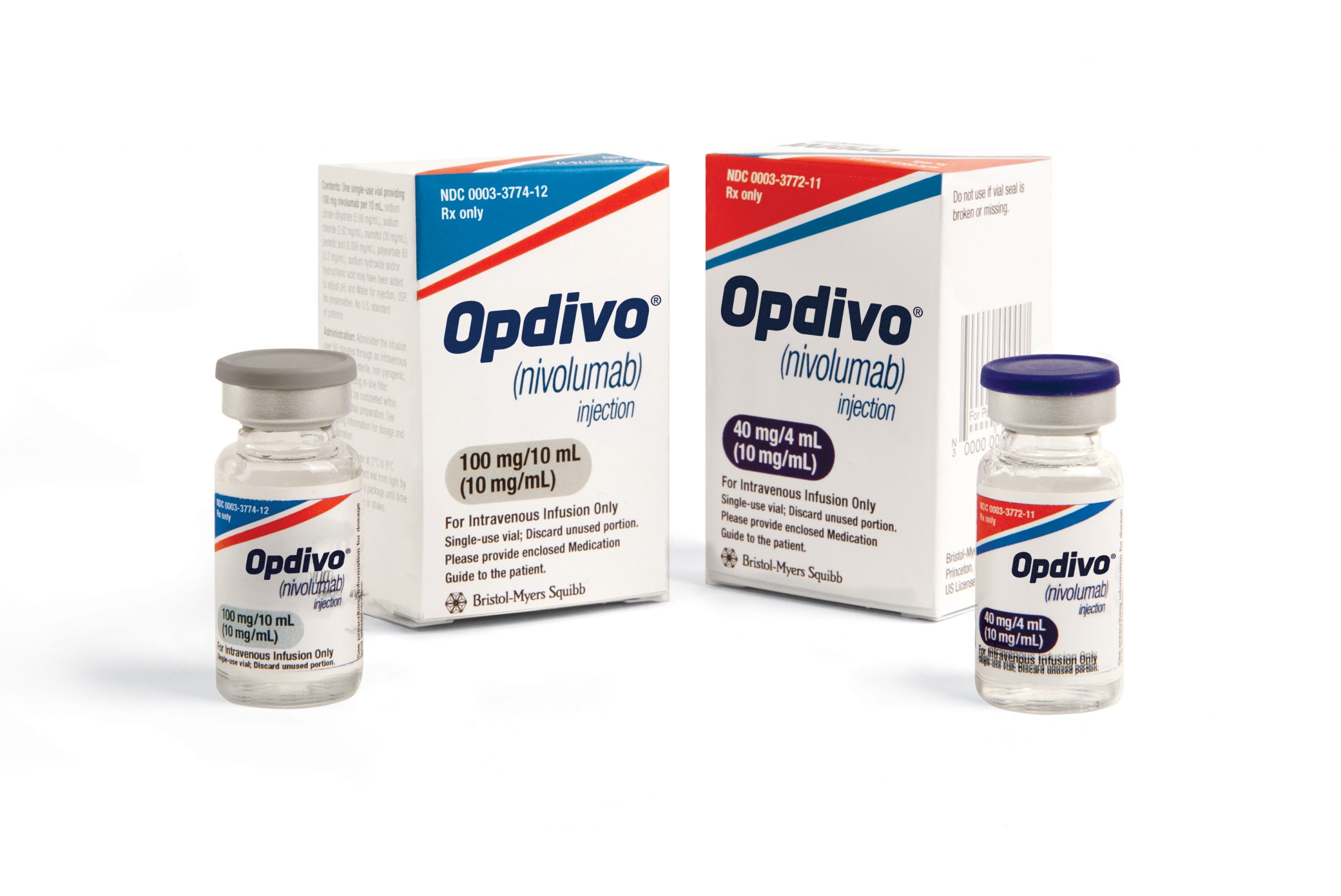BMS has another Opdivo setback after liver cancer trial failure

Bristol-Myers Squibb’s cancer immunotherapy Opdivo has suffered another setback after it failed to improve on standard care in advanced liver cancer.
BMS is gearing up to merge with Celgene in an $74 billion mega merger and the companies just announced a delay while the latter sells off its Otezla oral psoriasis drug.
With the deal possibly delayed until next year, BMS could have done with some positive news from Opdivo, which is its biggest selling cancer drug with sales of $1.8 billion in Q1 alone, up 19% on last year.
But while these figures look good on paper, Opdivo could have been even more successful if it weren’t for a string of surprising trial failures that has let Merck & Co’s rival from the same PD-1 class gain an advantage in sales.
In the phase 3 CheckMate -459 trial, BMS had been testing Opdivo against Bayer’s Nexavar (sorafenib) in the disease in an attempt to gain a foothold where Merck & Co’s rival has yet to be approved.
Keytruda was approved late last year as a second-line hepatocellular carcinoma after Nexavar has failed, therefore getting Opdivo into the first-line therapy slot could also divert doctors away from prescribing Merck’s drug.
This is because Keytruda’s FDA label in hepatocellular carcinoma specifically says that it can only be used after treatment with Nexavar, rather than a checkpoint inhibitor such as Opdivo.
Unfortunately for BMS the plan has not worked out – the CheckMate -459 trial did not achieve its primary goal of an improvement of overall survival compared with Nexavar.
There was however a trend towards an improvement in overall survival for patients treated with Opdivo compared with Nexavar.
BMS did not outline any immediate plans in the light of the new data, but noted that Opdivo is being studied in several settings and lines of therapy for HCC, including as an adjuvant and in combination with BMS’ CTLA4 checkpoint inhibitor Yervoy in previously treated patients.












